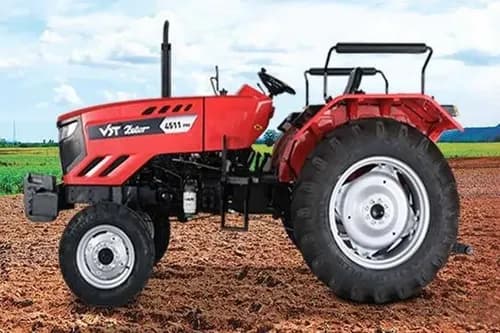Ad
Ad
Top 21 Central Government Schemes for the Welfare of Farmers in India
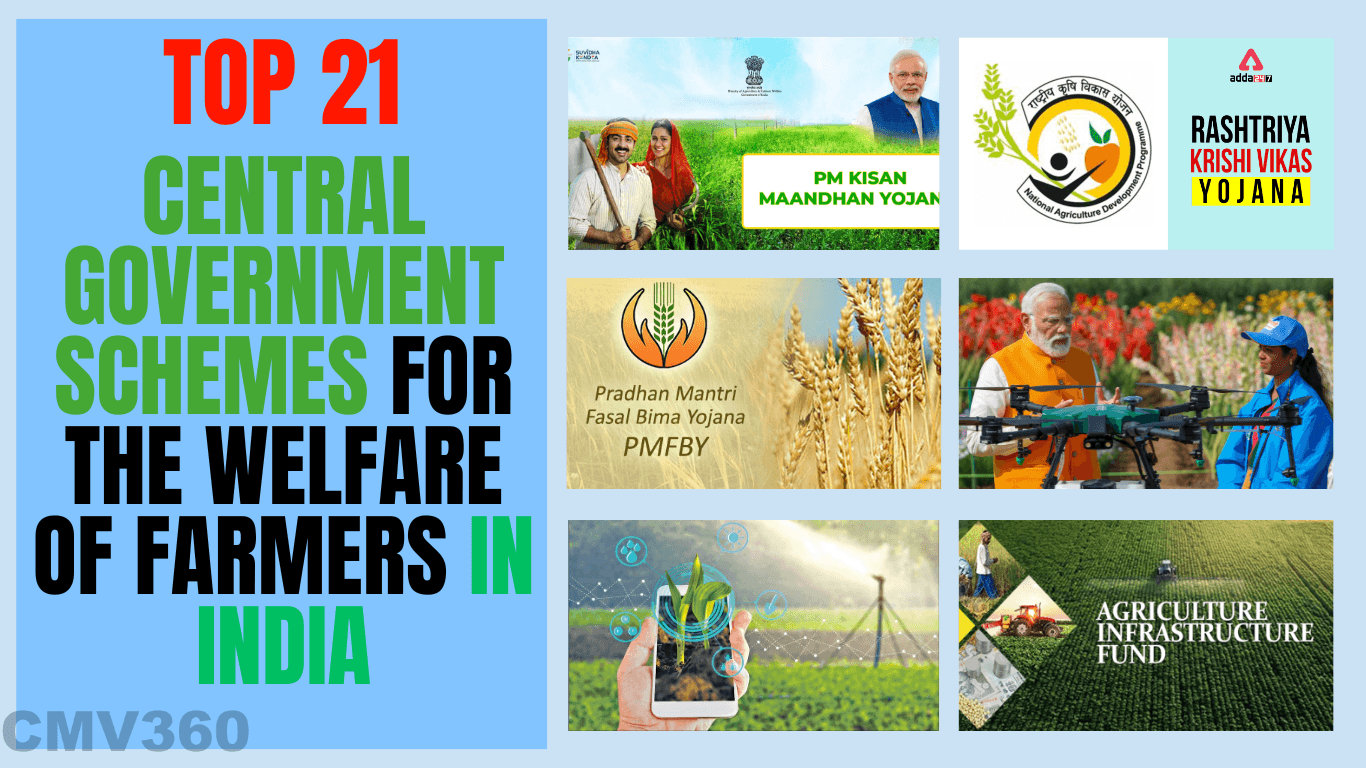
Key Highlights
- PM-KISAN: INR 6000 annually for small farmers.
- PMFBY: Financial assistance for crop loss.
- AIF: Loans up to INR 2 crores with interest subvention.
- NBHM: Support for beekeeping ventures.
Are you a farmer in India seeking assistance from the government to enhance your agricultural practices and livelihood? Look no further! We have compiled a complete list of the top 21 central government schemes tailored specifically for farmers like you. These schemes offer excess benefits, ranging from financial aid to technical support, to uplift the agricultural sector and improve farmer's lives.
Understanding Central Government Schemes
Central Government Schemes are initiatives formed and managed by the central government of a country. These programs are designed to address specific issues, provide support, and stimulate growth in various sectors of the economy or society. In the context of India, central government schemes for farmers aim to enhance rural development, improve infrastructure, create employment opportunities, and offer financial assistance to farmers to foster sustainable agricultural practices.
Also Read: Top 10 Best-Selling Tractors in the 40 to 50 HP Range in India: Explore Prices and Features
Why are Government Schemes Necessary?
Government schemes play a pivotal role in supporting farmers by providing financial aid, mitigating risks, and improving agricultural techniques. These schemes offer benefits such as access to credit at affordable interest rates, crop insurance, subsidies on farm equipment, and expert guidance on farming practices. By participating in government schemes, farmers can enhance their productivity, ensure financial stability, and mitigate risks associated with farming, thereby fostering sustainable agriculture and rural development.
Top 9 Central Government Agriculture Schemes in India
Pradhan Mantri Kisan Samman Nidhi (PM-KISAN)
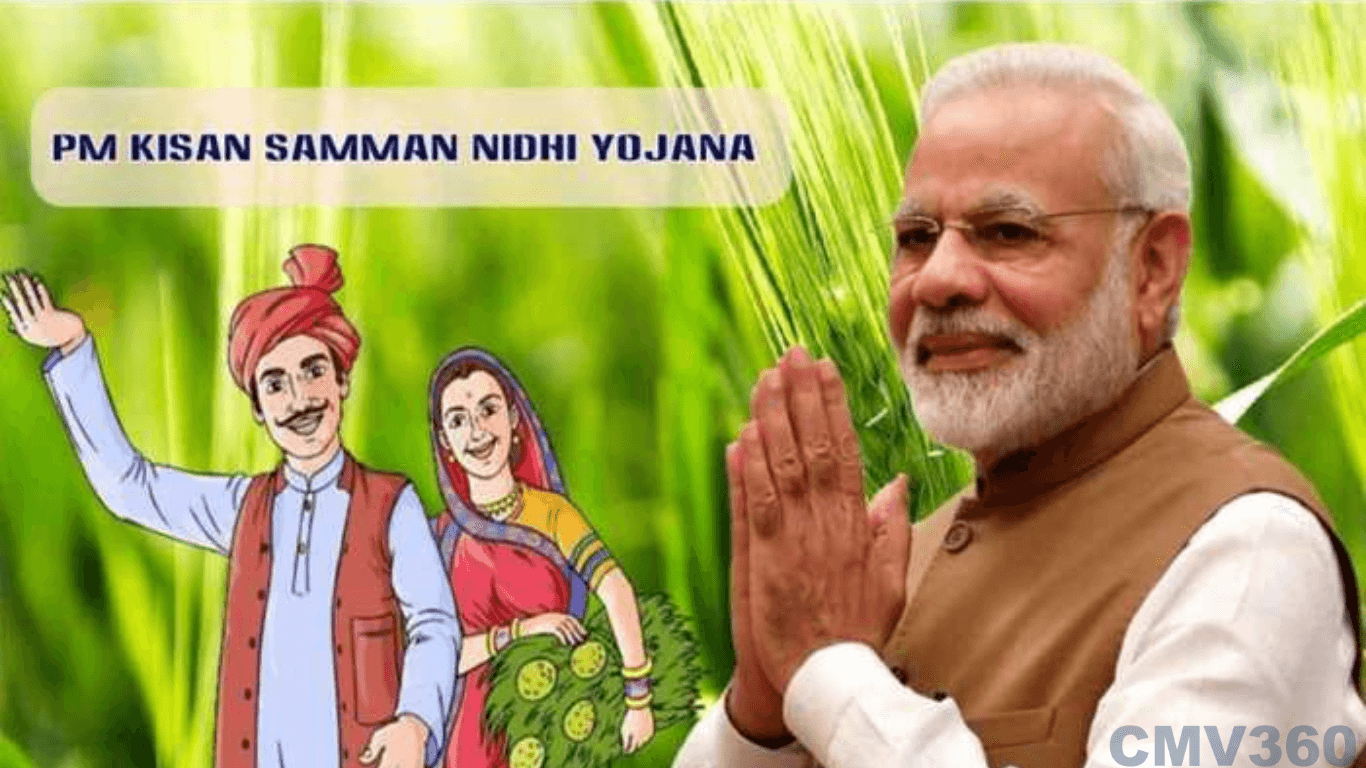
Pradhan Mantri Kisan Samman Nidhi (PM-KISAN) is a significant government initiative aimed at providing income support to small and marginal farmers across India. Launched in 2019, its goal is to ensure farmers have the financial means to meet their basic agricultural needs.
Here's a breakdown of its key points:
Benefits:
- Farmers receive INR 6000 annually, divided into three equal installments of INR 2000 each every four months.
- The money is directly transferred into the bank accounts of eligible farmers.
Eligibility:
- Farmers owning up to two hectares of land, as per state/union territory land records, are eligible for the scheme.
Target Group:
- Small and marginal land-holding farmer families are the primary beneficiaries.
- For those interested in applying, they can visit the official website of PM-KISAN: [https://pmkisan.gov.in/].
To know more about the above mentioned scheme visit: Pradhan Mantri Kisan Samman Nidhi (PM-KISAN): A Comprehensive Guide
Pradhan Mantri Kisan MaanDhan Yojana (PM-KMY)
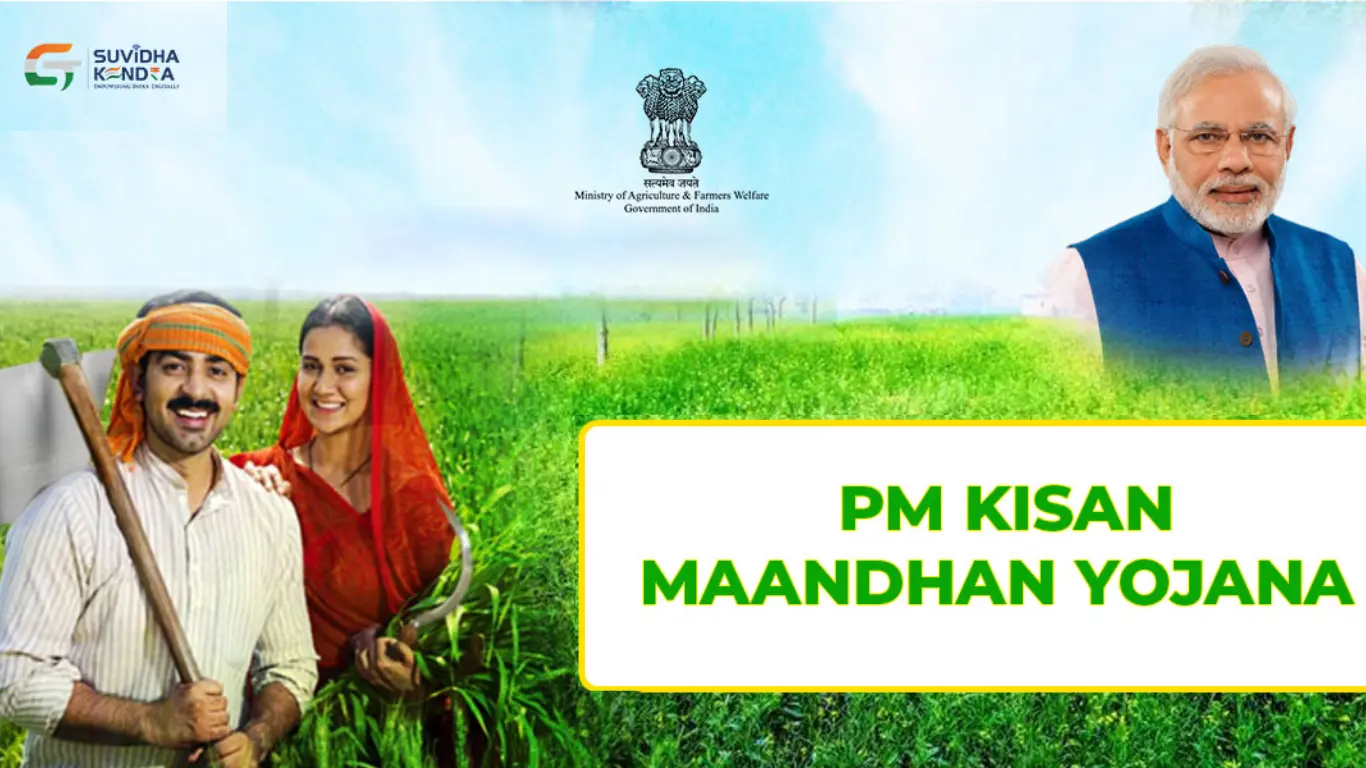
Pradhan Mantri Kisan Maan-Dhan Yojana (PM-KMY) is a pension scheme launched by the Government of India under the Ministry of Labor and Employment, aiming to provide financial security to farmers.
Here's a breakdown of its key points:
Benefits:
- The scheme ensures a regular income for farmers even after they retire from active farming.
- Eligible farmers receive a monthly pension of Rs. 3,000 once they reach the age of 60.
- In case of the farmer's death, the spouse is entitled to receive the pension.
Eligibility:
- Small and marginal farmers with landholdings up to 2 hectares who are not part of any other pension scheme are eligible.
Target Group:
- The scheme primarily targets farmers aged between 18 and 40 years, aiming to secure their future financial well-being.
- Interested individuals can apply for the scheme through the official website: https://maandhan.in/.
Pradhan Mantri Fasal Bima Yojana (PMFBY)
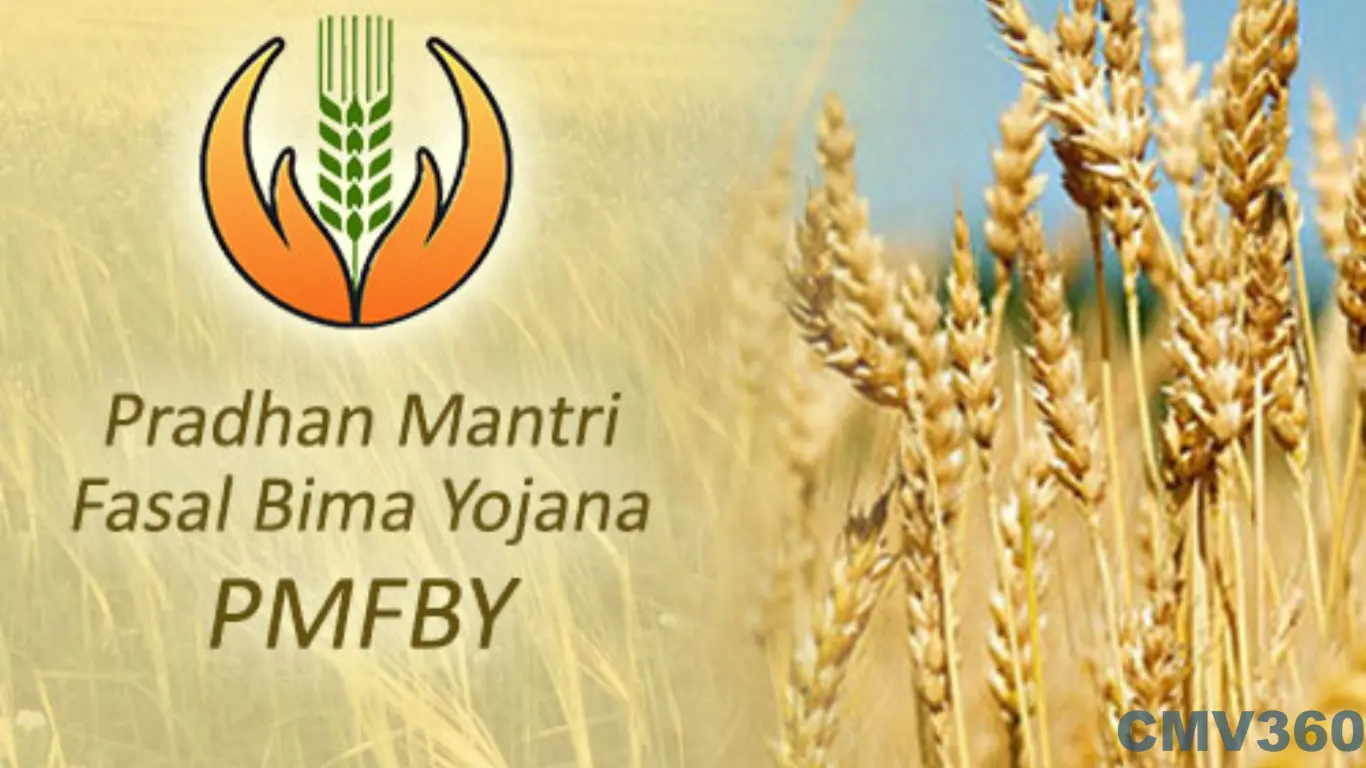
Pradhan Mantri Fasal Bima Yojana (PMFBY) is a crucial initiative launched by the central government in 2016 to address the issue of crop loss, which often leads to farmer distress and even suicides.
Here's a breakdown of the scheme:
Benefits:
- PMFBY provides financial assistance and risk reduction to farmers in the event of crop loss or damage due to natural disasters, pests, and diseases.
- Coverage includes all food crops, oilseeds, and annual commercial/horticultural crops.
- Protection extends from pre-sowing to post-harvest stages, covering risks such as drought, floods, cyclones, pests, and diseases.
- The cost of crop insurance premiums is shared between farmers and the government, with subsidies provided to make insurance more affordable and accessible.
Eligibility:
- Farmers who have received Seasonal Agricultural Operations (SAO) loans from financial institutions are eligible to apply for PMFBY.
Target Audience:
- The scheme primarily targets small-scale and marginal farmers, aiming to provide them with crucial financial protection against crop losses.
Interested farmers can apply for PMFBY through the official website: [https://www.pmfby.gov.in/].
Modified Interest Subvention Scheme (MISS)
- PMFBY provides financial assistance and risk reduction to farmers in the event of crop loss or damage due to natural disasters, pests, and diseases.
- Coverage includes all food crops, oilseeds, and annual commercial/horticultural crops.
- Protection extends from pre-sowing to post-harvest stages, covering risks such as drought, floods, cyclones, pests, and diseases.
- The cost of crop insurance premiums is shared between farmers and the government, with subsidies provided to make insurance more affordable and accessible.
- Farmers who have received Seasonal Agricultural Operations (SAO)loans from financial institutions are eligible to apply for PMFBY.
- The scheme primarily targets small-scale and marginal farmers, aiming to provide them with crucial financial protection against crop losses.
Pradhan Mantri Fasal Bima Yojana (PMFBY)is a crucial initiative launched by the central government in 2016 to address the issue of crop loss, which often leads to farmer distress and even suicides.
Here's a breakdown of the scheme:
Benefits:
Eligibility:
Target Audience:
Interested farmers can apply for PMFBY through the official website: [https://www.pmfby.gov.in/].
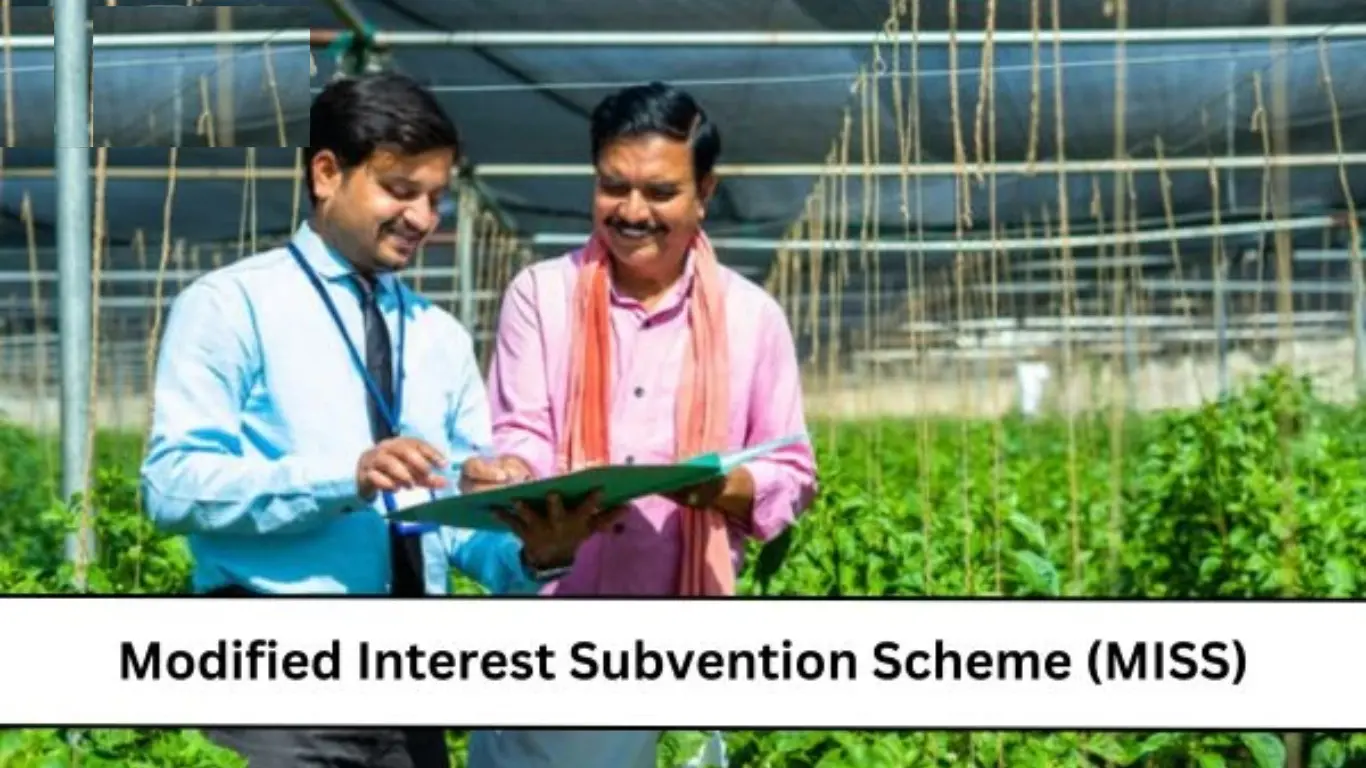
The Modified Interest Subvention Scheme (MISS), launched in 2006-07, is a crucial central government initiative designed to provide Indian farmers with affordable short-term credit or loans, aiming to alleviate financial stress and reduce the incidence of farmer suicides due to high-interest rates or lack of access to credit.
Here's a breakdown of the scheme:
Benefits:
- Farmers can avail loans of up to INR 3 Lakhs at a reduced interest rate of 7%.
- Prompt repayment enables farmers to receive a 3% incentive.
- The scheme extends to allied services such as Animal Husbandry, Dairy, Poultry, and Fisheries.
Eligibility:
- Small-scale farmers engaged in farming and allied services are eligible to avail of this scheme.
Target Audience:
- The scheme primarily targets small and marginal farmers across India, aiming to provide them with crucial financial support.
Where to Apply:
Farmers can apply for the Modified Interest Subvention Scheme (MISS) through designated institutions, including Public Sector Banks, Private Sector Banks, Small Finance Banks, Regional Rural Banks, Cooperative Banks, and Computerized Primary Agricultural Credit Societies (PACS).
Agriculture Infrastructure Fund (AIF)
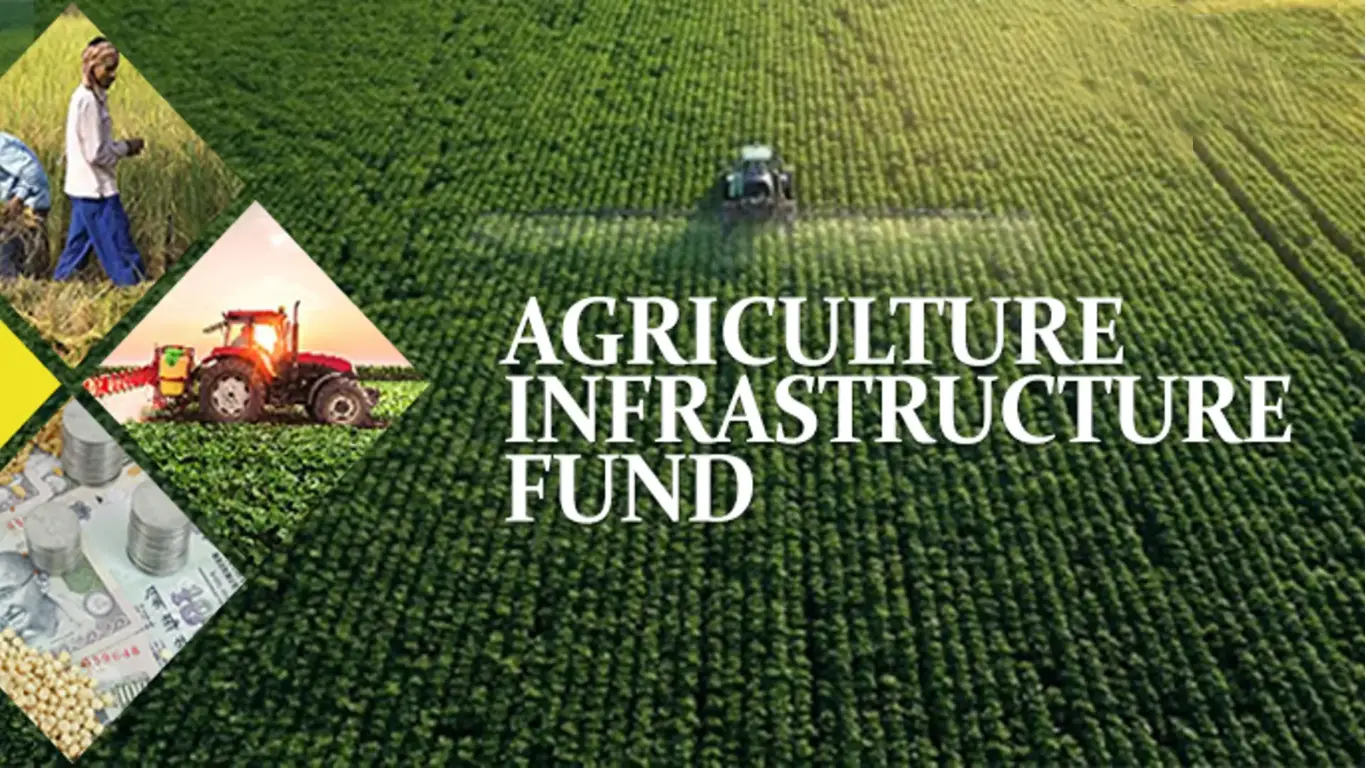
The Agriculture Infrastructure Fund (AIF) is a central government scheme approved by the Union Cabinet and launched in July 2020, aimed at providing medium to long-term loans to farmers for various agricultural needs, including post-harvest management and infrastructure development.
Here's what you need to know about the scheme:
Benefits:
- Farmers can avail for loans of up to INR 2 crores for a period of 7 years.
- The scheme offers a 3% interest rate subvention on all loans.
- Beneficiaries also benefit from a cap of 9% on the Rate of Interest (ROI).
Eligibility:
- Registered farmers engaged in activities such as mushroom cultivation, vertical farming, hydroponics, and polyhouse farming are eligible to apply.
Target Audience:
- The scheme caters to a wide range of beneficiaries, including individual farmers, joint liability groups, agricultural entrepreneurs, self-help groups, and others involved in farming activities.
Where to Apply:
- Interested individuals can apply for the Agriculture Infrastructure Fund through the official website: [https://agriinfra.dac.gov.in/Home/BeneficiaryRegistration]
Formation & Promotion of new 10,000 FPOs
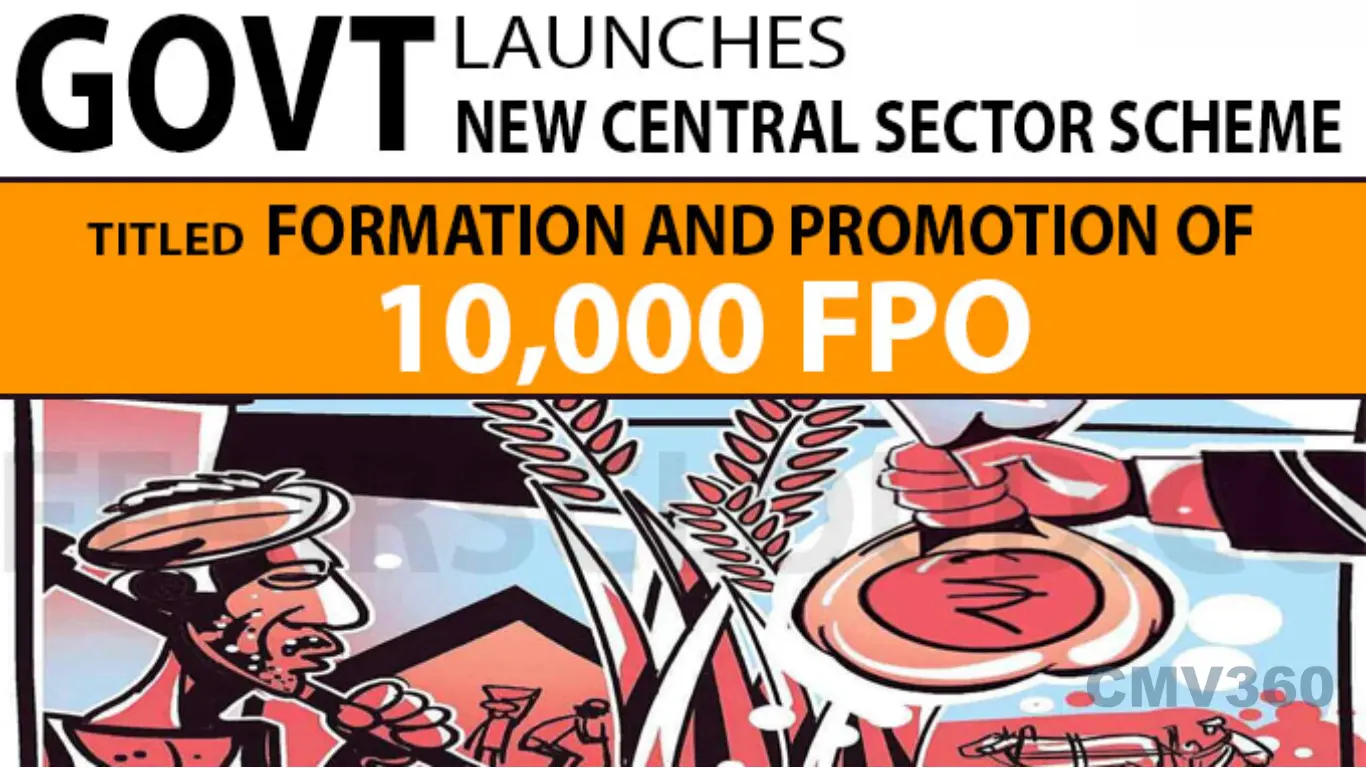
The Formation and Promotion of 10,000 Farmer Producer Organizations (FPOs) is a significant Central Sector Scheme launched by the Government of India, managed by the National Bank for Agriculture and Rural Development (NABARD). It aims to bolster and encourage Farmer Producer Organizations with the assistance of nine recognized Implementing Agencies.
Here's a closer look at the scheme:
Benefits:
- Interested farmers and organizations can access financial support, equity grants, and credit facilities.
- The scheme offers credit of up to INR 18 lakh per FPO for 3 years, along with an equity grant of INR 2,000 per farmer member, with a limit of INR 15.00 lakh per FPO.
- It provides credit guarantee facilities of up to Rs. 2 crore per FPO.
Eligibility:
- Registered FPOs are eligible to avail of this scheme.
Target Audience:
- The scheme is geared towards small and marginal farmers, farmer groups, cooperatives, and other entities engaged in agriculture and allied activities.
Where to Apply:
- Interested parties can access the scheme through designated Implementing Agencies (IAs) such as SFAC, NCDC, NABARD, and others.
National Beekeeping and Honey Mission (NBHM)
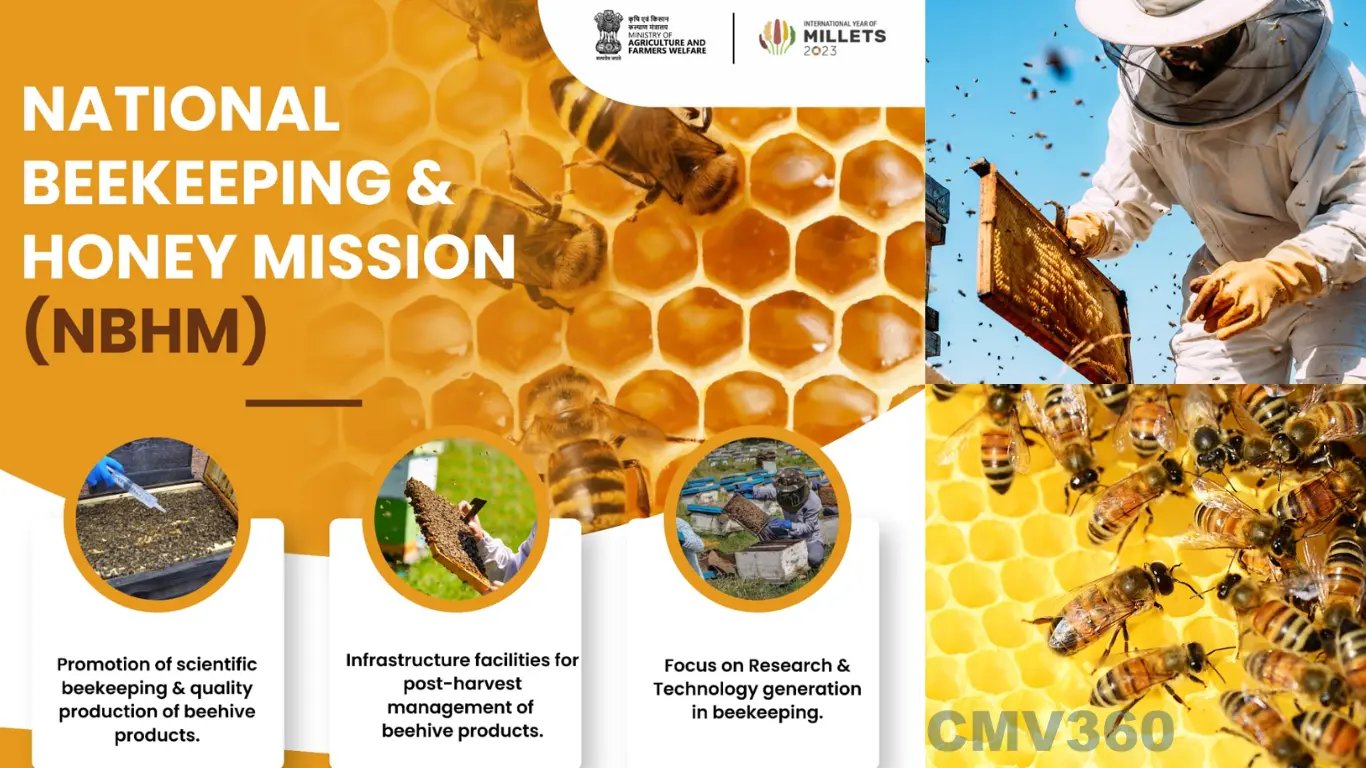
The National Beekeeping and Honey Mission (NBHM), initiated by the Ministry of Agriculture and Farmers Welfare, aims to revolutionize beekeeping in India, fostering a "Sweet Revolution" by providing comprehensive support and guidance to beekeepers.
Here are the key aspects of the scheme:
Benefits:
- Beneficiaries receive financial support, modern beekeeping techniques awareness, subsidies, and assistance in market linkage.
- Public sector projects receive 100% financial assistance, while others receive up to 50% of the total setup cost, capped at INR 3 lakhs per project.
- Financial assistance is disbursed in three installments over three years.
- Bee Breeders can receive up to Rs. 5 lakhs per project.
- INR 750 lakhs per Integrated Beekeeping Development Centre (IBDC) is allocated for regional research center development.
- Testing labs receive funding of up to INR 800 lakhs per lab for setting up, and INR 100 lakhs per lab for district-level testing labs.
- Women-only groups can avail INR 20,000 per group.
Eligibility:
- Eligibility criteria vary based on the category. For example, women groups should comprise a workforce from SCs/ST categories, while bee breeders must manage a minimum of 2000 quality bee colonies annually to qualify for benefits.
Target Audience:
- Farmers, Farmer Producer Organizations (FPOs), self-help groups, cooperatives, and entrepreneurs engaged in scientific beekeeping and related activities.
Where to Apply:
- Interested parties can apply through the official website: [https://nbb.gov.in/default.html]
Market Intervention Scheme (MIS) and Price Support Scheme (PSS)
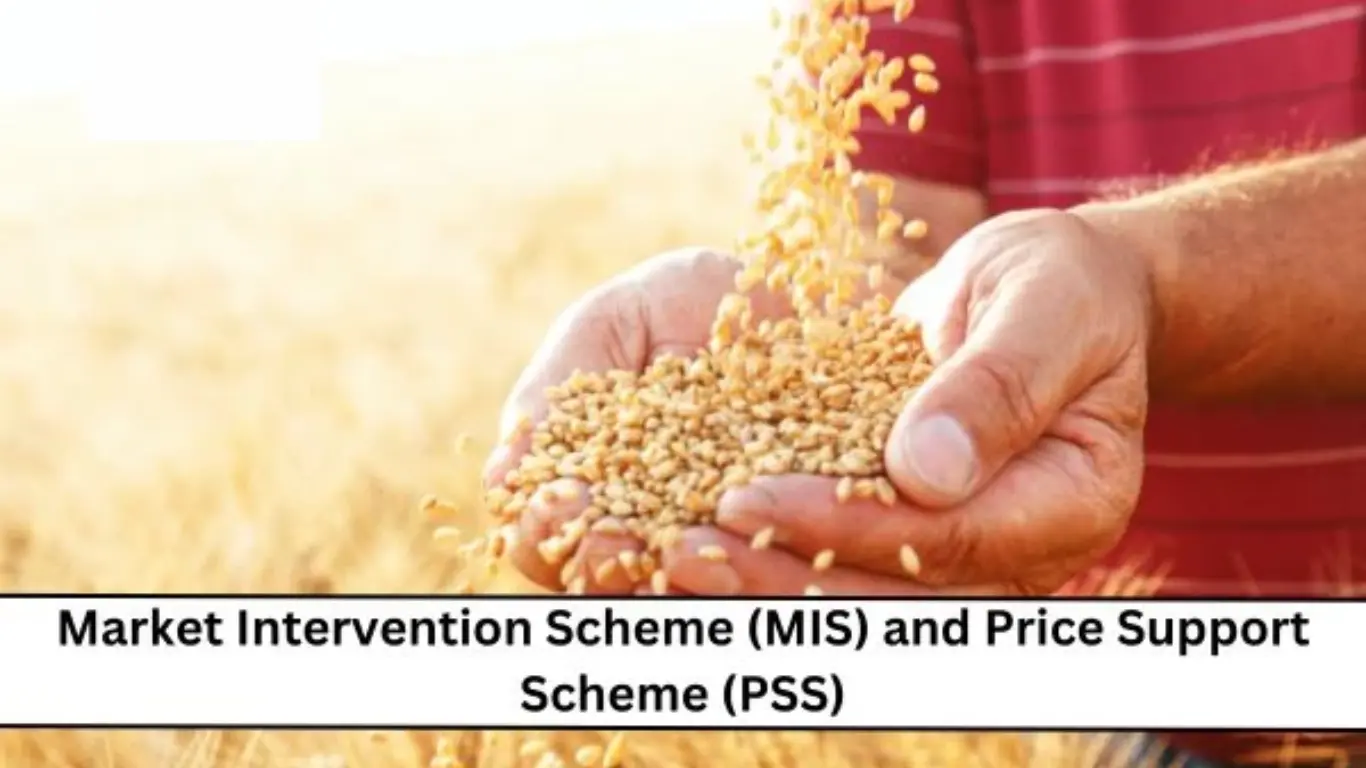
The Market Intervention Scheme (MIS) and Price Support Scheme (PSS) are designed to ensure that farmers receive fair prices for their crops, particularly focusing on perishable and horticultural commodities.
Here's what you need to know:
Benefits:
- These schemes aim to establish a robust price support system, ensuring farmers receive fair prices for their produce.
- They provide income security for farmers, safeguarding them against fluctuations in market prices.
- Crops covered under these schemes include apple, garlic, malta, black pepper, ginger, red chillies, coriander seeds, and clove.
Eligibility:
- Eligibility criteria for the Market Intervention Scheme (MIS) and Price Support Scheme (PSS) depend on the specific scheme guidelines.
- Generally, these schemes are triggered when there is a minimum increase or decrease of 10% in crop prices.
Target Audience:
- The target audience comprises any farmer, grower, or producer of perishable and horticultural commodities who stands to benefit from price stability and support in the market.
Namo Drone Didi
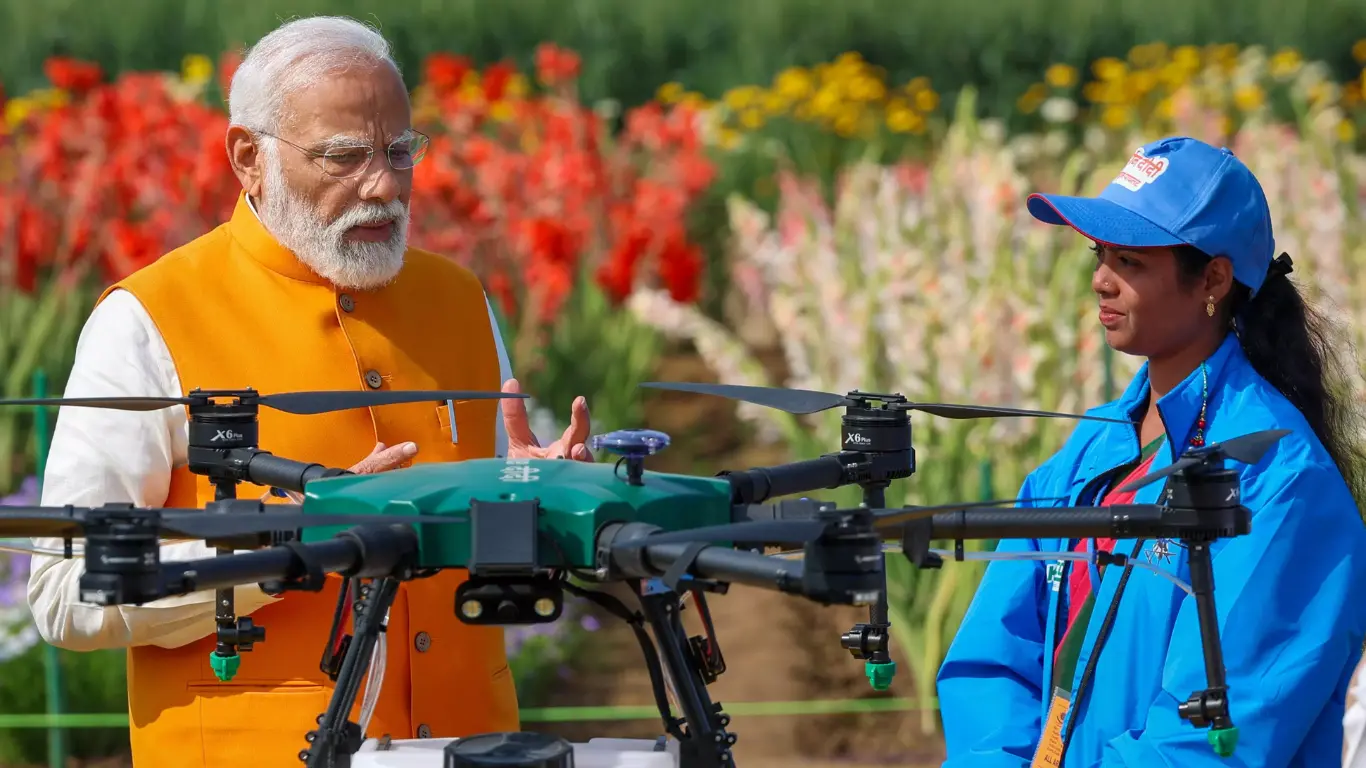
The Namo Drone Didi scheme, spearheaded by Prime Minister Narendra Modi, is a visionary initiative aimed at empowering women in rural India by providing them with drones for agricultural activities.
Here's a closer look at the scheme:
Benefits:
- Women Self-Help Groups (SHGs) receive a subsidy of 80% of the total drone cost, up to INR 8 lakhs.
- Access to loans from the Agriculture Infrastructure Fund (AIF) at a favorable interest rate of 3%.
- Training programs are provided to equip women with the skills needed to operate the drones effectively.
- With the assistance of drones, women SHGs can potentially earn up to Rs. 1 lakh per year.
Eligibility:
- Active members of Self-Help Groups are eligible to participate in the scheme.
Target Audience:
- The scheme primarily targets women belonging to Self-Help Groups in rural areas, aiming to empower them through technological intervention in agriculture.
Where to Apply:
- Interested individuals can find more information and apply through the official government website: [https://www.india.gov.in/]
Centrally Sponsored Schemes
The Centrally Sponsored Schemes are Divided into Rashtriya Krishi Vikas Yojana and Krishonnati Yojana further.
Also Read: Harnessing Solar Energy for Agricultural Advancements in India | Uses & Applications
Let's understand Rashtriya Krishi Vikas's schemes.
Rashtriya Krishi Vikas Yojana
In addition to the above-mentioned key schemes, it's also essential to highlight the Rashtriya Krishi Vikas Yojana and Krishonnati Yojana, both financially supported by the central government. These schemes play a significant role in providing substantial support to farmers, thus warranting attention and recognition.
Rashtriya Krishi Vikas Yojana-Detailed Project Report based schemes (RKVY-DPR)
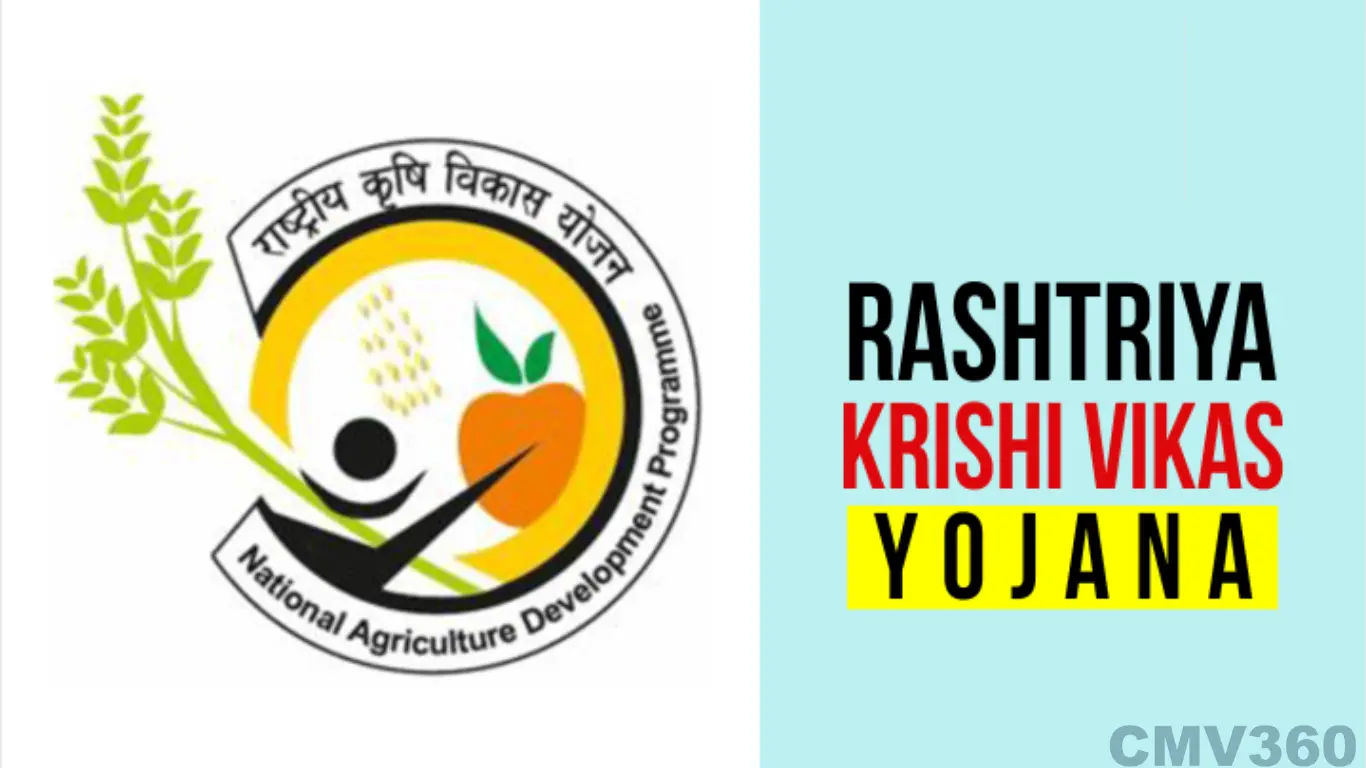
The RKVY-DPR-based schemes, operating under the Rashtriya Krishi Vikas Yojana, were launched on 24th February 2019 to foster the comprehensive development of the Indian agricultural sector.
Here's an overview:
Objectives:
- Encourage holistic development of the agricultural sector.
- Improve agricultural infrastructure and promote sustainable farming practices.
- Empower farmers through skill development and innovation.
Benefits:
- Provides financial assistance to bridge the resource gap for small-scale and marginal farmers.
- Supports initiatives aimed at enhancing agricultural productivity, ensuring better returns for farmers.
How to Apply:
- Interested individuals can apply for this scheme through the Department of Agriculture and Farmers Welfare at both state and central levels.
Target Audience:
- Small-scale and marginal farmers, agricultural organizations, and stakeholders involved in the agricultural sector are the primary beneficiaries of the RKVY-DPR-based schemes.
Soil Health Card (SHC)

The Indian government through this scheme aims to improve the health of the soil by providing the details about soil health indicators. This helps the farmers to diagnose the soil without any investment in technical equipment.
Rainfed Area Development (RAD)
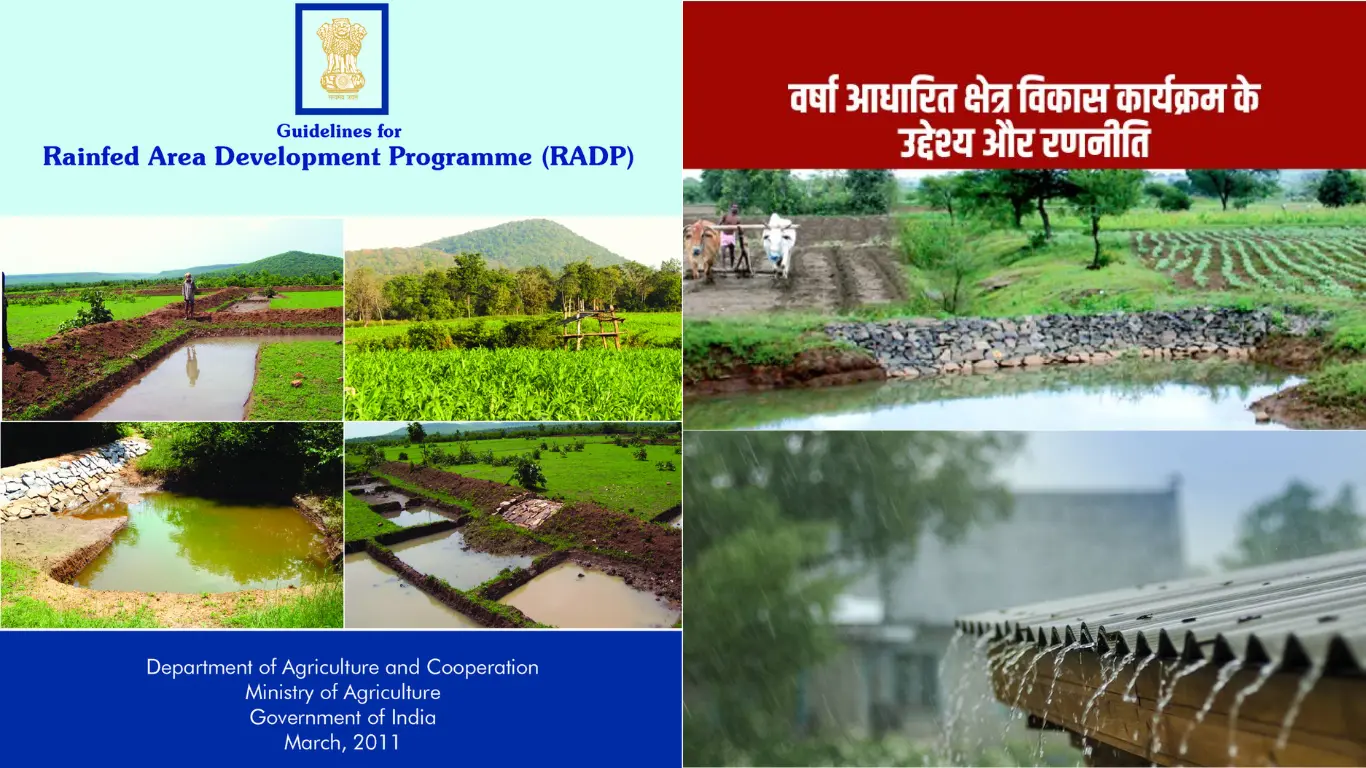
This Scheme was started in 2015 to help farmers in India use Integrated Farming Systems (IFS). It's great for farmers who grow different crops together and also raise animals like fish, livestock, and bees.
Per Drop More Crop (PDMC)
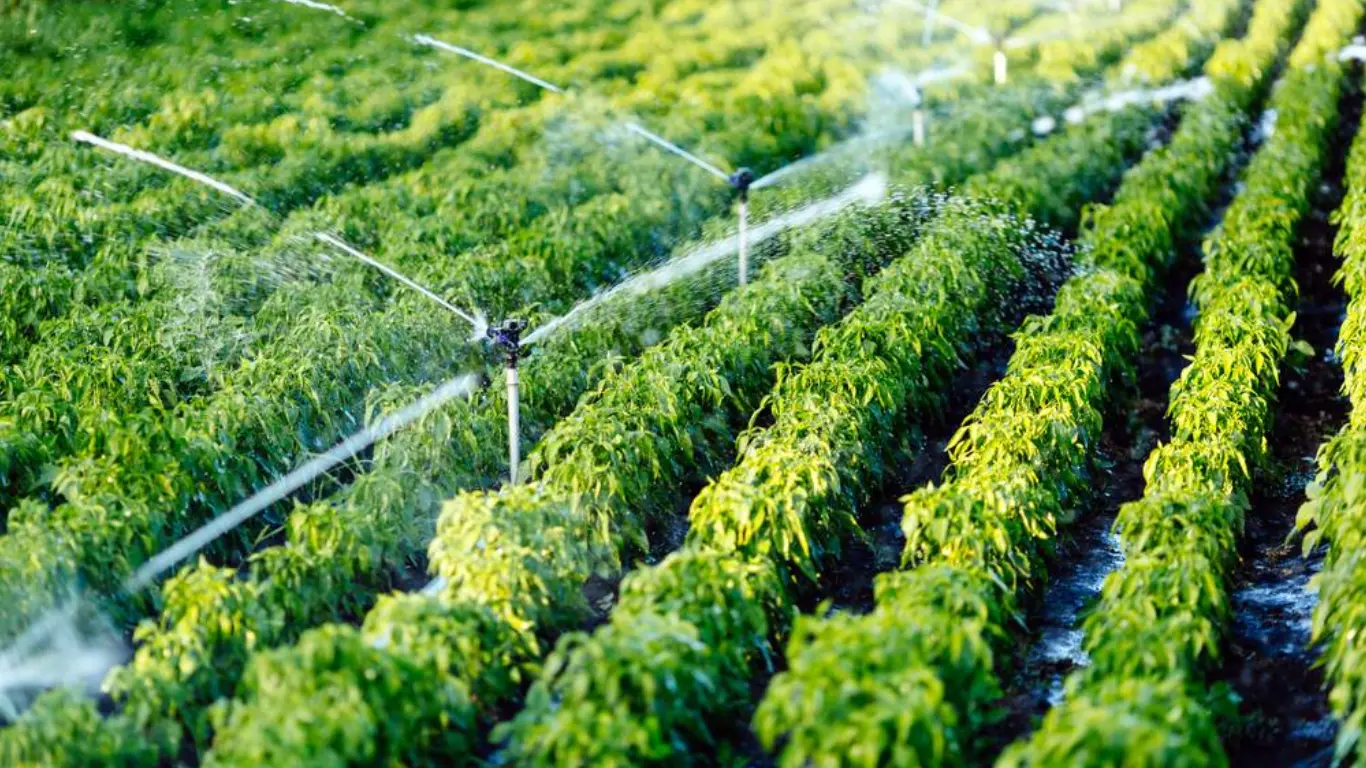
If you're an Indian farmer using Micro Irrigation technologies, this scheme can cut down on how much fertilizer you need, lower your costs for materials, and reduce the work you have to do. It started in 2015-16 and focuses on collecting water on a small scale.
Micro Irrigation Fund (MIF)
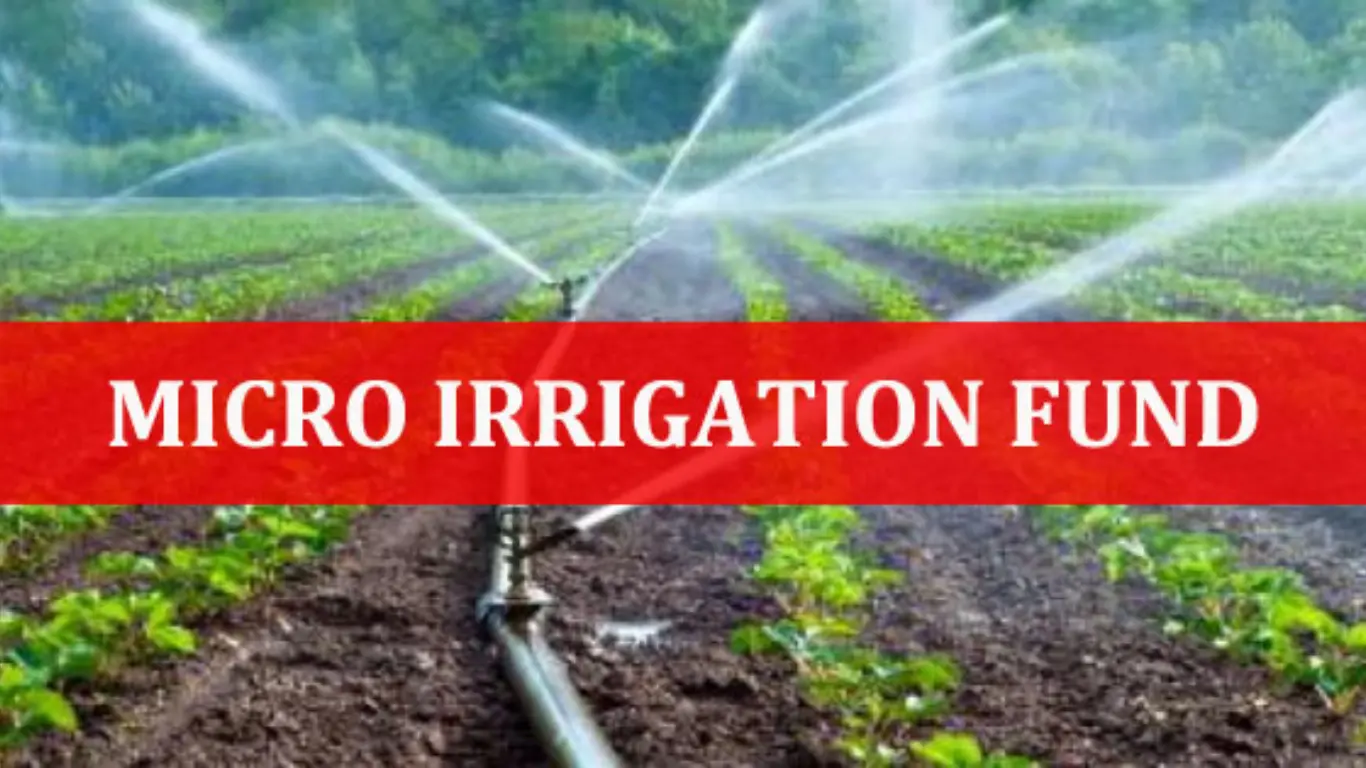
This Scheme by the central government helps to gather funds for spreading the Micro Irrigation. Farmers from states like Gujarat, Punjab, Tamil Nadu, Rajasthan, and Andhra Pradesh can also get money help from the NABARD at a low-interest rate of around 3% through this plan. Also, the states offer to lower the interest rate on the loans.
Paramparagat Krishi Vikas Yojana (PKVY)

The Paramparagat Krishi Vikas Yojana (PKVY) scheme aims to improve the fertility of the soil for better quality of crops without using any kind of chemicals. It's for groups of at least 20 farmers. They can get Rs. 15,000 benefits through Direct Benefit Transfer (DBT) under this scheme.
Sub-Mission on Agriculture Mechanization (SMAM)
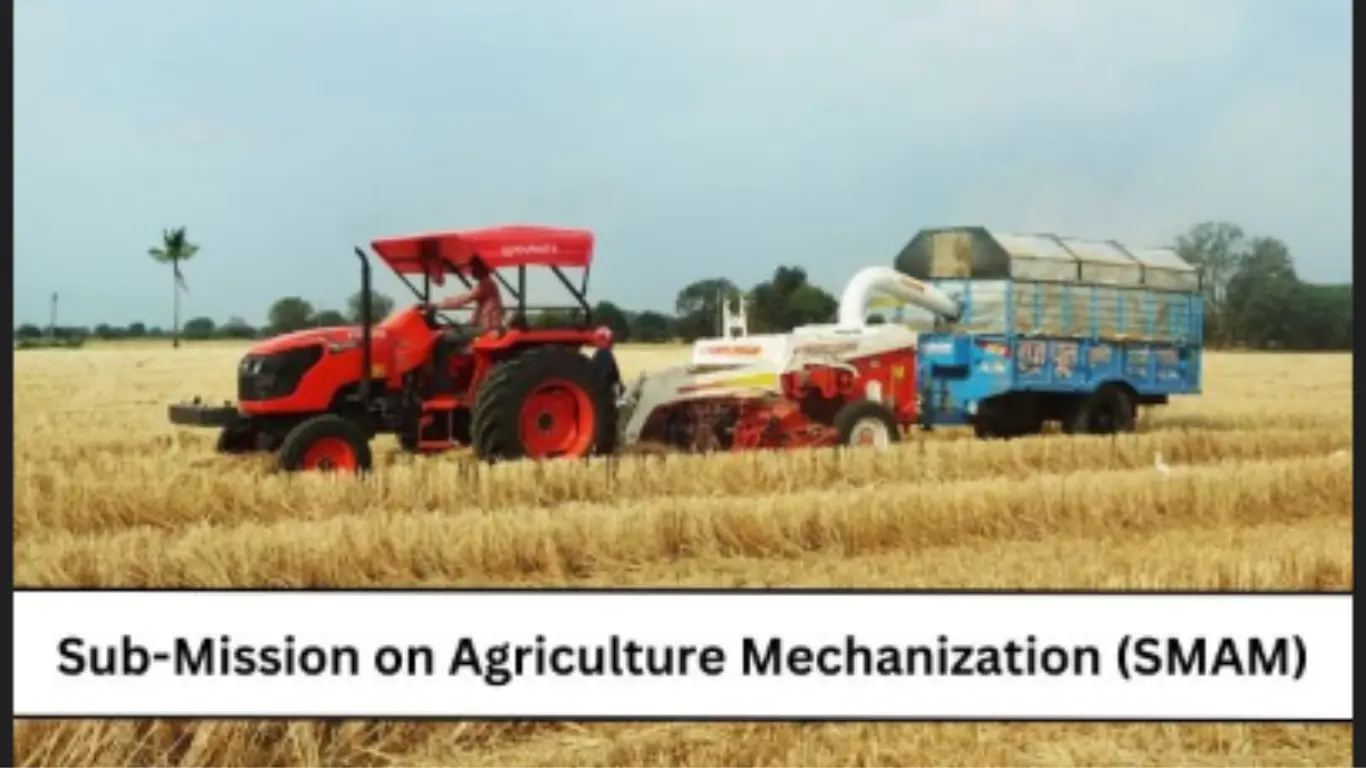
The Sub Mission on Agricultural Mechanization (SMAM) has diligently led the cause of inclusive agricultural advancement since its establishment in 2014. Extending financial assistance, facilitates the seamless adoption of mechanization technologies among farmers, thereby fostering equitable growth within the agricultural sector.
SMAM's support encompasses a diverse array of farm mechanization tools, including but not just limited to drones, tractors, power tillers, plant protection machines, and self-propelled equipment. This comprehensive aid empowers farmers to enhance productivity and efficiency, thereby fortifying the backbone of agricultural sustainability.
Also Read: Top 7 Mini Tractors in India: Detailed Specs & Pricing Overview
Krishonnati Yojana
Below are some of the key schemes that aim to do the overall development of farming in India.
Sub-Mission on Seed and Planting Material (SMSP)
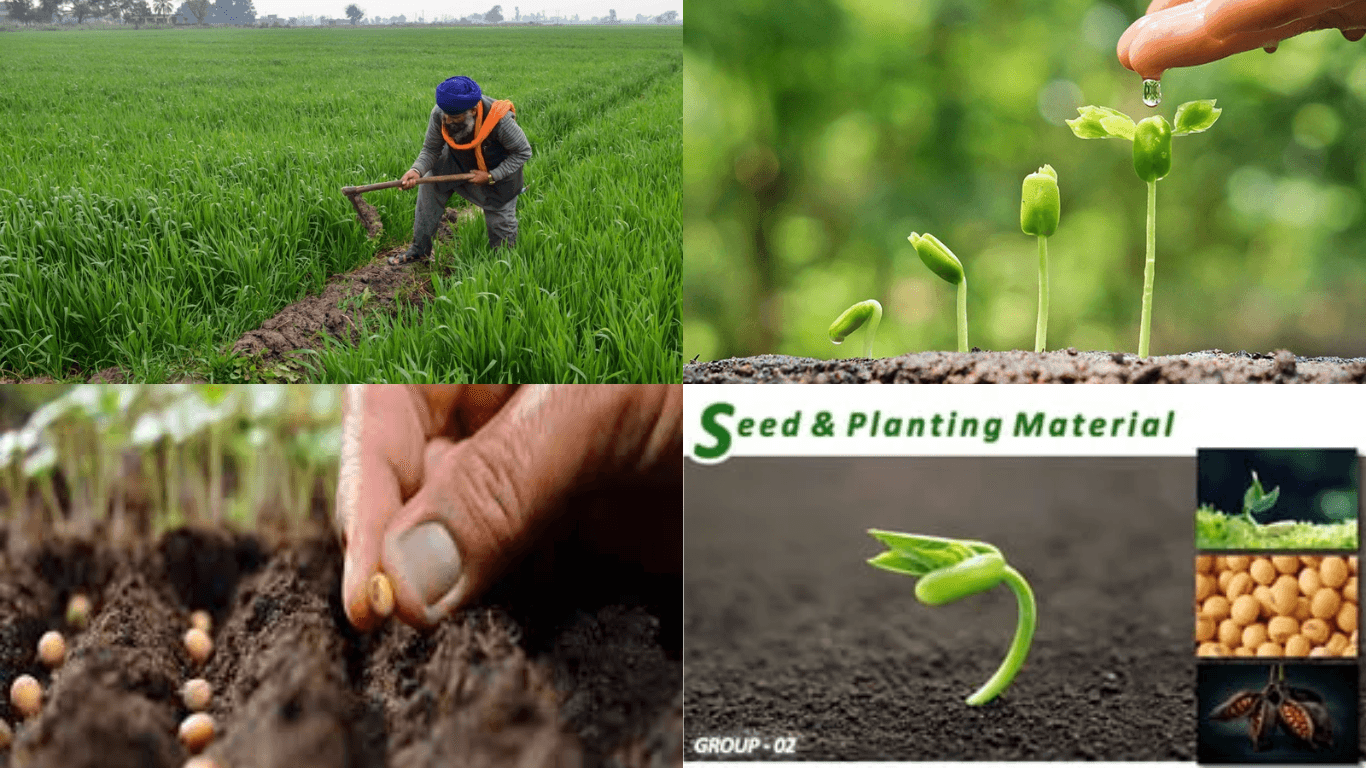
The Sub Mission on Seed and Planting Material (SMSP) (Beej Gram) Scheme stands as a carefully crafted initiative aimed at nurturing the seed sector to ensure the provision of high-quality seeds to farmers. This pioneering scheme extends grants to facilitate the establishment of essential infrastructure, research endeavors, and production facilities crucial for ensuring the consistent production of top-tier seeds.
Launched on April 19th, 2023, SMSP has evolved to operate synergistically with the National Food Security Mission (NFSM) scheme. This collaborative effort underscores a strategic approach toward supporting agricultural productivity and fortifying the foundations of food security.
National Mission on Edible Oils (NMEO)-Oil Palm
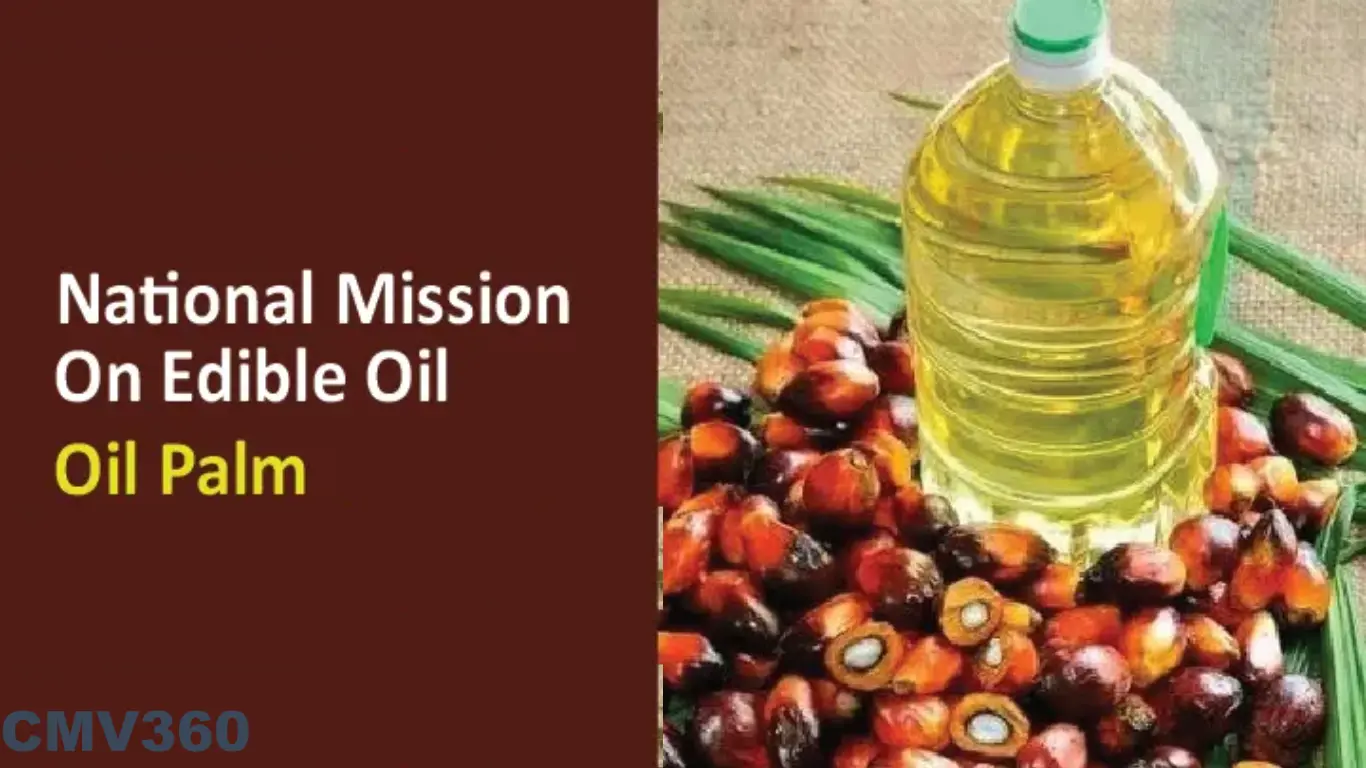
Inaugurated in the year 2021, this initiative has steadfastly dedicated its efforts to fostering self-reliance among Indians in the realm of edible oils. With a primary emphasis on catalyzing edible oil production, particularly within the North-Eastern States and the Andaman and Nicobar Islands, this program promises to empower local communities.
At its core, the initiative provides a substantial collection aimed at facilitating the establishment of palm farms, thus laying a robust foundation for sustainable production. Through its unwavering commitment, this initiative aspires to cultivate resilience and autonomy within the nation's edible oil sector, thereby contributing significantly to India's self-sufficiency goals.
Integrated Scheme for Agriculture Marketing (ISAM)

The Integrated Scheme for Agricultural Marketing (ISAM) serves as a pivotal pillar in supporting agricultural infrastructure across numerous Indian states. Its primary objective revolves around facilitating the establishment of a resilient agricultural produce marketing framework, thereby enabling farmers to effectively access the appropriate markets for their harvested crops.
Evolved into the widely recognized e-National Agriculture Market (e-NAM), this scheme has transitioned into a free-to-use online platform. With a comprehensive database encompassing over 1.76 crore farmers and 2.5 lakh traders, e-NAM stands as a testament to technological innovation in the agricultural sector. By bridging the gap between farmers and markets, it empowers stakeholders with greater transparency, efficiency, and connectivity, thereby fostering a more equitable and dynamic agricultural ecosystem.
Sub-Mission on Agriculture Extension (SMAE)
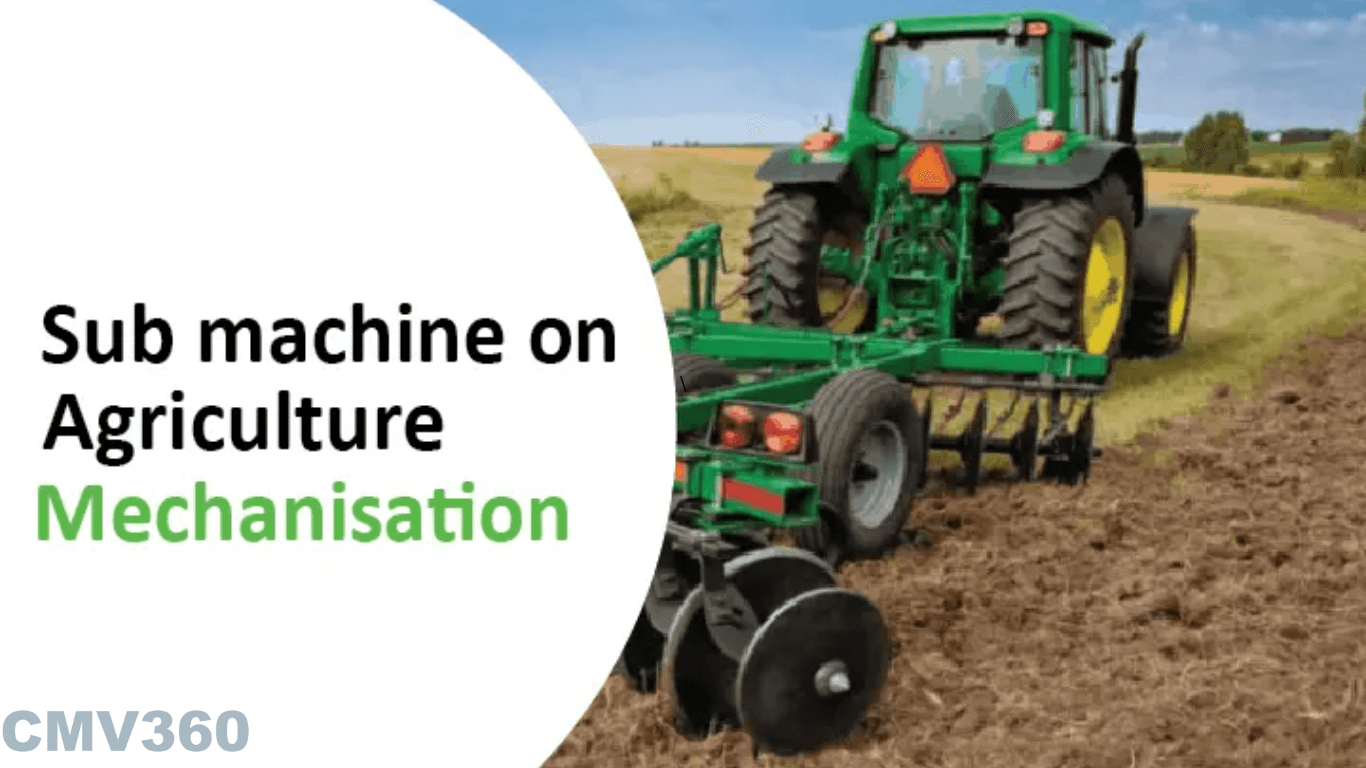
This visionary scheme has established Agricultural Technology Management Agencies (ATMAs) at the district level, thereby ensuring farmers have unrestrained access to cutting-edge farming technologies. Under the backing of this initiative, an excess of facilities such as Virtually Integrated Systems To Access Agricultural Resources, Apurva AI, Wadhwani-Krishi, and Krishi Call Centers are extended to empower farmers.
By integrating the latest technological solutions, these resources aim to revolutionize agricultural practices, optimize productivity, and enhance the livelihoods of farming communities. Through the strategic deployment of innovative tools and support mechanisms, this scheme attempts to catalyze a pattern shift towards sustainable and resilient agricultural development at the grassroots level.
Digital Agriculture
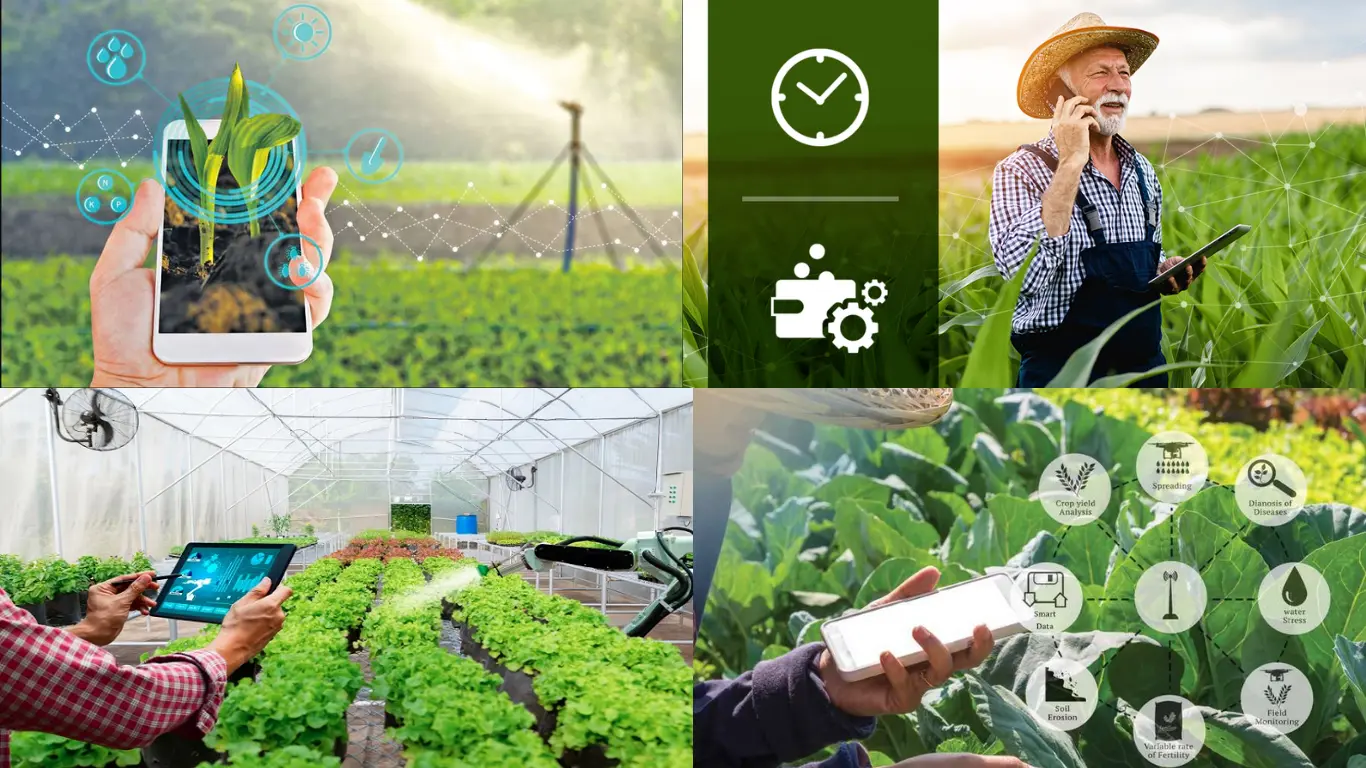
At the forefront of its objectives, this scheme is dedicated to the creation of a robust digital public infrastructure made specifically for the agricultural domain, ensuring seamless accessibility for farmers. The mission is to empower the farmers with effortless access to essential services, including market information, crop health monitoring, crop insurance facilitation, and utilization of market intelligence tools.
By leveraging digital technologies, this initiative attempts to streamline farmer’s access to vital resources and services, thus empowering them to make informed decisions and optimize their agricultural practices. Through the democratization of digital tools and resources, the scheme seeks to catalyze a transformative shift towards greater efficiency, resilience, and prosperity within the agricultural sector.
CMV360 Says
Central government schemes are instrumental in supporting Indian farmers by providing financial aid, technical assistance, and infrastructure development. By leveraging these schemes, farmers can enhance their productivity, ensure financial stability, and mitigate risks associated with farming, thereby contributing to the growth and sustainability of the agricultural sector in India.
Features & Articles
Comprehensive Guide to Tractor Transmission System: Types, Functions, and Future Innovations
Learn about tractor transmission types, components, functions, and selection factors to enhance efficiency, performance, and agricultural productivity....
12-Mar-25 09:14 AM
Read Full NewsModern Tractors and Precision Farming: Transforming Agriculture for Sustainability
Precision farming enhances agriculture by integrating GPS, AI, and modern tractors for sustainable, efficient, and productive farming practices in India....
05-Feb-25 11:57 AM
Read Full NewsTop 10 Tractors Under 30 HP in India 2025: Guide
Top 10 tractors under 30 HP in India offer efficiency, affordability, and power, ideal for small farms with diverse agricultural needs....
03-Feb-25 01:17 PM
Read Full NewsNew Holland 3630 TX Super Plus vs Farmtrac 60 PowerMaxx: Detailed Comparison
Compare New Holland 3630 and Farmtrac 60 tractors by specs, price, and features to find the perfect fit for your farm....
15-Jan-25 12:23 PM
Read Full NewsSwaraj 735 FE Vs Eicher 380 2WD Prima G3: Detailed Comparison
The Swaraj 735 FE and Eicher 380 2WD Prima G3 are reliable, powerful tractors suited for various farming tasks....
14-Jan-25 09:41 AM
Read Full NewsHow to Choose the Perfect Tractor for Your Farm: A Comprehensive Guide
Choose the right tractor by assessing farm needs, horsepower, efficiency, comfort, and budget to enhance productivity and savings....
09-Jan-25 09:43 AM
Read Full NewsAd
Ad
As featured on:


Registered Office Address
Delente Technologies Pvt. Ltd.
M3M Cosmopolitan, 12th Cosmopolitan,
Golf Course Ext Rd, Sector 66, Gurugram, Haryana
pincode - 122002



















